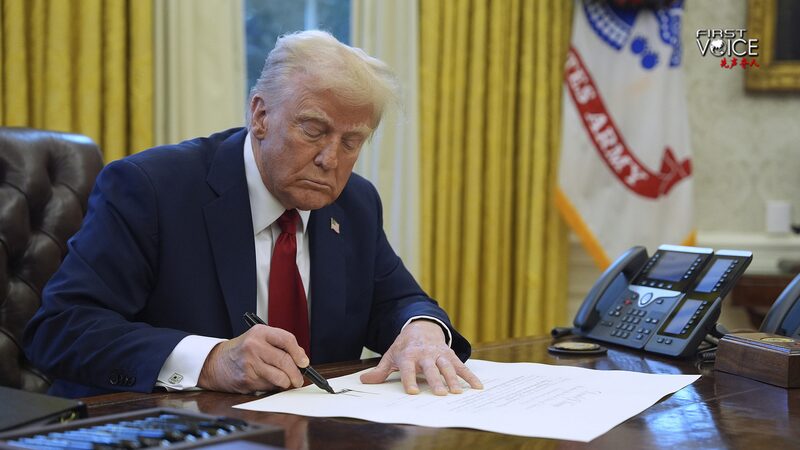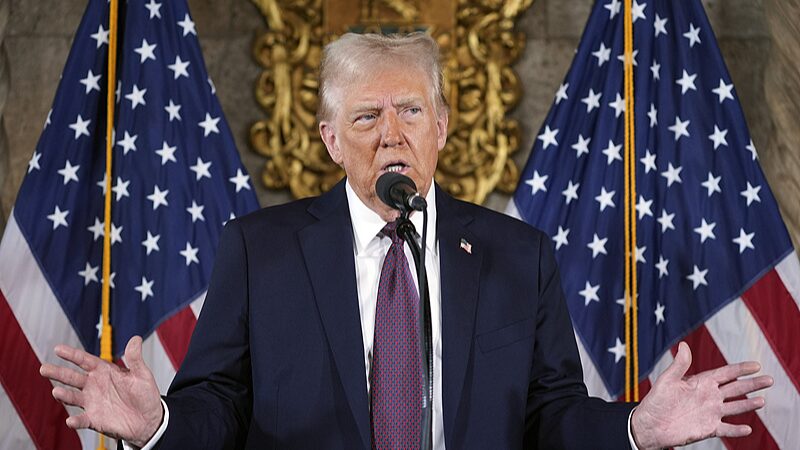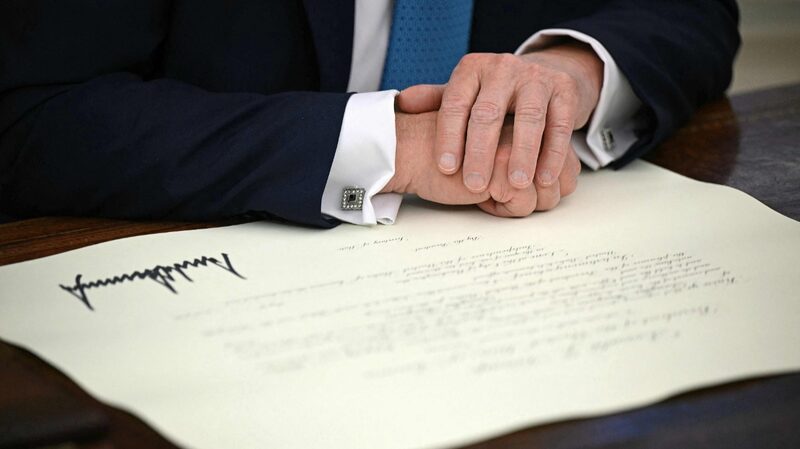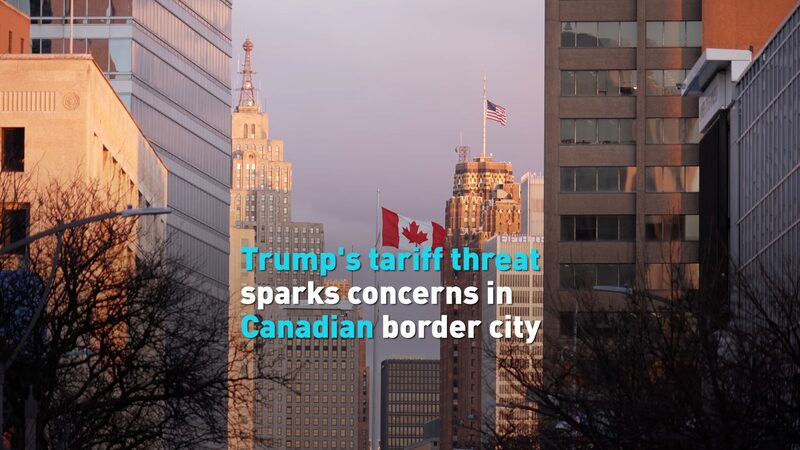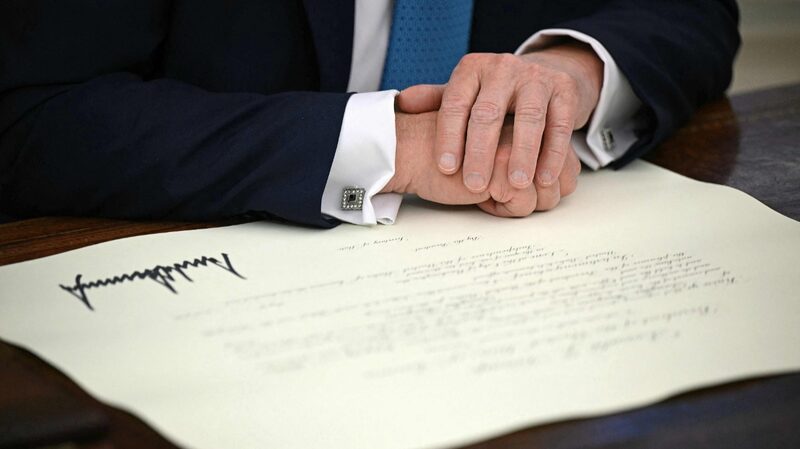On February 1, U.S. President Donald Trump signed an executive order imposing a 10 percent tariff on goods imported from China and a 25 percent tariff on goods from Canada and Mexico. This act of trade protectionism has sparked widespread and intense opposition both internationally and within the United States.
While President Trump claims these measures align with the protectionist policies he supports, critics argue that such actions are shortsighted and self-serving. Far from achieving their intended goals, these tariffs may harm American consumers and businesses and the global economy, while inadvertently strengthening China's economic position.
The Historical Perils of Protectionism
Protectionism, characterized by restricting imports through tariffs or quotas, has historically led to negative economic consequences. The U.S. Smoot-Hawley Tariff Act of 1930, which imposed high tariffs on imported goods, triggered a global trade war that exacerbated the Great Depression. This historical example underscores the interconnectedness of the global economy and the potential devastation caused by protectionist policies.
Impact on American Consumers and Businesses
The recent tariffs on Chinese goods have increased costs for American consumers and businesses. Prices of everyday items such as electronics and furniture have risen, reducing consumer purchasing power. American businesses face higher expenses for critical inputs like steel and aluminum, diminishing their competitiveness and leading to job losses. Studies by organizations such as the Peterson Institute for International Economics and the National Bureau of Economic Research confirm these detrimental effects, including reduced profitability, decreased investments, and slower overall economic growth.
China's Strengthened Economic Position
Ironically, the U.S. tariffs have strengthened China's economic standing on the global stage. Chinese companies have adapted by becoming more self-reliant, accelerating the nation's transition to a more advanced manufacturing base. The pressure has driven innovation, with companies investing heavily in building robust domestic supply chains and reducing reliance on foreign components. This has fortified China's industrial foundation.
China has also diversified its export markets, particularly toward Asia and Europe, reducing dependence on the United States. Initiatives like the Belt and Road Initiative have played a crucial role in expanding trade and investment partnerships across continents, opening new opportunities for Chinese businesses.
Domestic Policies Mitigate Trade War Effects
Domestically, the Chinese government's policies, such as tax incentives and infrastructure investments, have helped mitigate the trade war's effects. By promoting domestic consumption through income tax cuts and social welfare programs, China has sustained economic growth despite external pressures.
A Global Call for Cooperation
The situation highlights the complexities of global trade and the unintended consequences of unilateral protectionist policies. As tensions escalate, there is a growing call within the international community for dialogue and cooperation to resolve trade disputes and promote economic stability.
Reference(s):
cgtn.com
